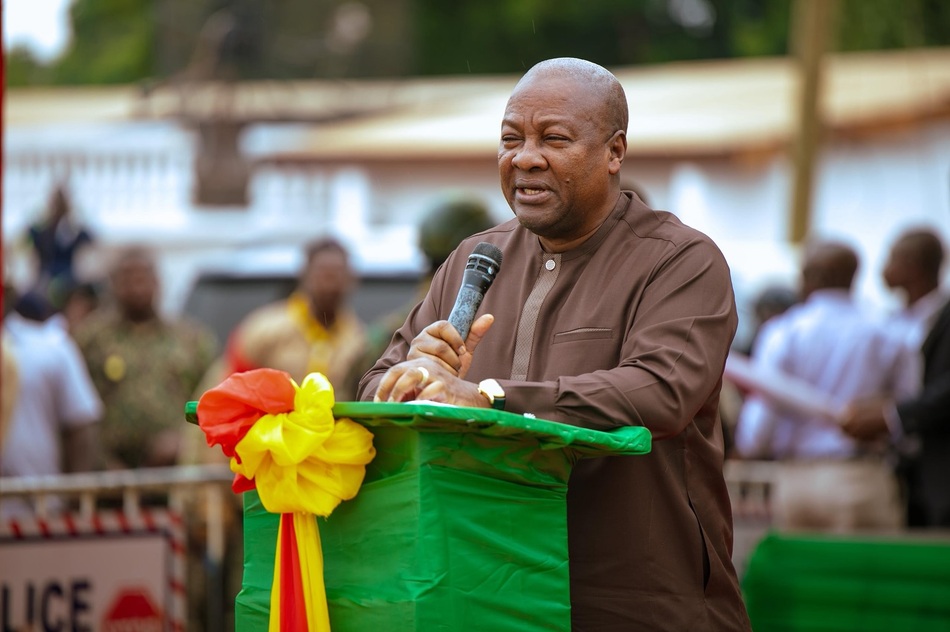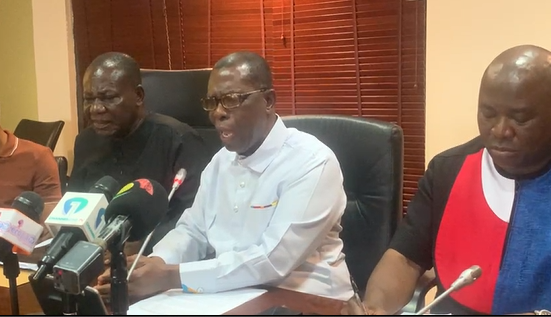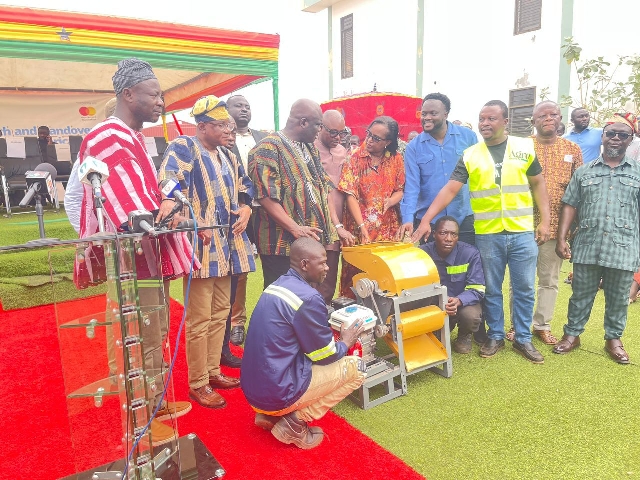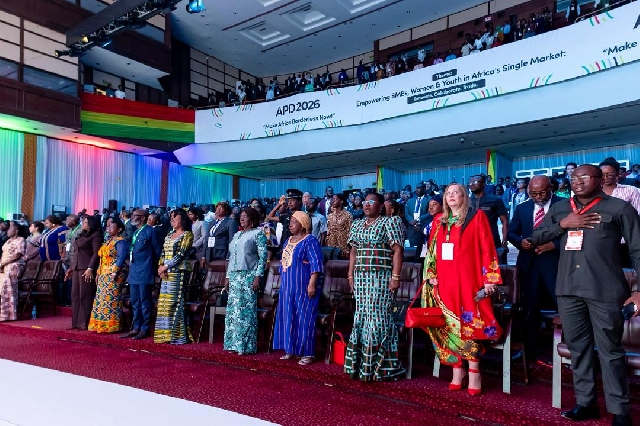Hannah Owusu-Koranteng, the Associate Executive Director of Wacam, has said the Minerals and Mining Act of Ghana Act 2006, Act 703, did not offer protection for forest reserves. According to her, the Act was developed with the objective of attracting foreign multinational mining companies to invest in the mining sector and control the mineral extraction of our country. Speaking at the 6th national conference of Wacam, Owusu-Koranteng said, “there is no doubt that the Minerals and Mining Act of Ghana Act 2006, Act 703 was developed with the objective of attracting foreign multinational mining companies to invest in the mining sector and control mineral extraction of our country. “Historically, the promotion to attract foreign direct investment to the mining sector started under President Limann to address economic problems confronting the nation. The aggressive attraction of foreign investment to the mining sector was given prominence after the overthrow of Limann’s government in December 1982 by the Rawlings regime. The International Financial Institutions supported the desire of the PNDC government to seek Foreign Direct Investment (FDI) to the mining sector. The influx of massive FDI to the mining sector marked the beginning of the third gold rush sometimes described as the third jungle boom of our country.” She indicated that, some characteristics of the third gold rush of Ghana include but not limited to the drastic change from underground mining operations to surface mining technology which created many land-use conflicts especially “the conflict between surface mining and economic activities of host mining communities; conflict between surface mining and protection of river bodies and forest reserves among others.” Whilst the multinational mining companies were on top of protecting their investment interest, Madam Owusu-Koranteng noted, “our country lagged behind the industry in our technical capacity to regulate the many issues such as cyanide spillages, livelihood losses for communities, pollution of rivers, blasting effects among others.” “By some design of nature, many of our forest reserves are sitting on gold and that made some forest reserves targets for destruction in search for gold. We placed more importance on gold extraction than protection of our remaining forest reserves which in many cases provided protection for the Waterheads of many rivers. Unfortunately, whilst the Minerals and Mining Act, 2006, Act 703 clearly defined adequate protection for the mining companies, the Act did not have explicit provision for No Go Zones to protect forest reserves, sacred sites such as royal cemeteries and sacred grooves among others. A major weakness of the Minerals and Mining Act is the absence of strong provisions based on the principle of the Polluter Pays Principle (PPP} to hold mining companies to pay clean-up costs in the event of cyanide spills. “Our country has experienced about 15 officially reported cyanide spillages but because of the weakness of the Minerals and Mining Act, the mining companies undertake Corporate Social Responsibility (CSR) projects which are palliative compensation to appease the affected communities. The cost of CSR generally helps the companies to reduce their tax obligations and the tax rebates could be significant in situations where we do not have third party verification of the cost components of corporate CSR. In addition, the companies use CSR projects relating to environmental pollution such cyanide spillages as image enhancing PR tools. “The weakness of the minerals and mining laws have helped the mining companies to externalise the social and environmental cost of their operations to the mining communities and that had been the cause of the problems of such host communities. The Minerals and Mining Act, 2006 (Act 703) contain provisions which had promoted pollution of rivers, destruction of the environment and encouraged mining companies to repatriate very high levels of revenues to their home countries thus preventing our nation from reaping financial benefits from our natural capital for development. The weakness of the Minerals and Mining Act, Act 703 of 2006 reveals the strength of the mining lobby and the inability of the state to match the negotiating and lobbying strength of the multinational mining companies. In the bad exchange on mining conditions, the host communities become the victims of the third gold rush of Ghana,” she stressed. Read below her full speech. Wacam’s Associate Executive Director addresses 6th national conference WELCOME SPEECH BY HANNAH OWUSU-KORANTENG, ASSOCIATE EXECUTIVE DIRECTOR OF WACAM DELIVERED AT THE 6TH NATIONAL CONFERENCE OF WACAM ORGANISED ON THE 8TH OF SEPTEMBER 2021 AT GNAT HOSTEL ABONKRO EJUSO The Chairman of the Executive Council of Wacam The special guest of honour Dr Emmanuel Y. Tenkorang Representative of the Secretary General of TUC Our Partners The Representatives of the Chamber of Mines The Representative of CHRAJ Representative of Environmental Protection Agency, The Representative of the Regional Director of Agriculture, Dr Yaw Asamoah, Our Distinguished Guests, Wacam members from the communities Our friends from the media Ladies and gentlemen I wish to welcome you all to the 6th Annual Conference of Wacam. Though the community mobilisation and organisation work started in the early 1990s, Wacam was officially launched on the 5th of September 1998 in Tarkwa. In the period of Wacam’s mining advocacy work which span about three decades, Wacam has committed itself to community mobilisation and organisation of mining communities to hold corporate bodies accountable for environmental destruction, pollution of rivers, gross human rights violations and atrocities including shooting, killing and using guard dogs on suspects that were alleged to have trespassed on the properties of miming companies, discharge of faecal sewage into community rivers among others. Mr Chairman, there is no doubt that the Minerals and Mining Act of Ghana Act 2006, Act 703 was developed with the objective of attracting foreign multinational mining companies to invest in the mining sector and control mineral extraction of our country. Historically, the promotion to attract foreign direct investment to the mining sector started under the President Limann to address economic problems confronting the nation. The aggressive attraction of foreign investment to the mining sector was given prominence after the overthrow of the Limann’s government in December
- +23356336062
- apexnewsgh@gmail.com
- Upper East, Ghana
Hot News











